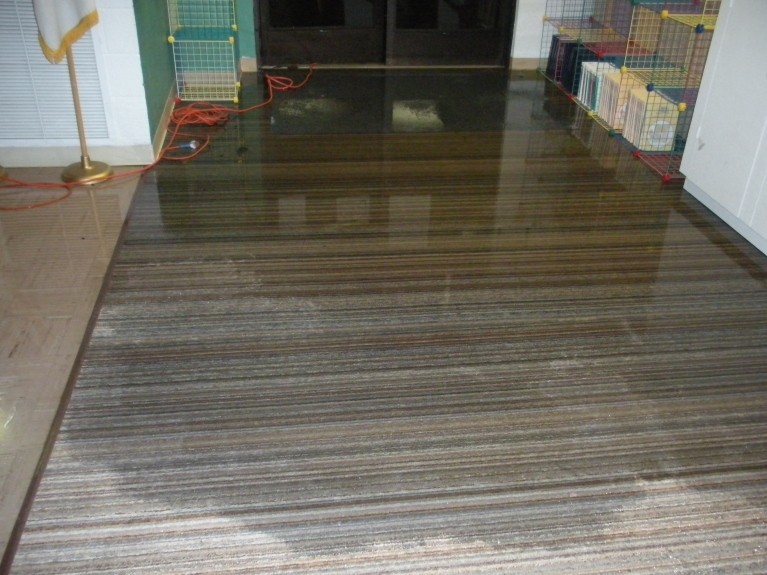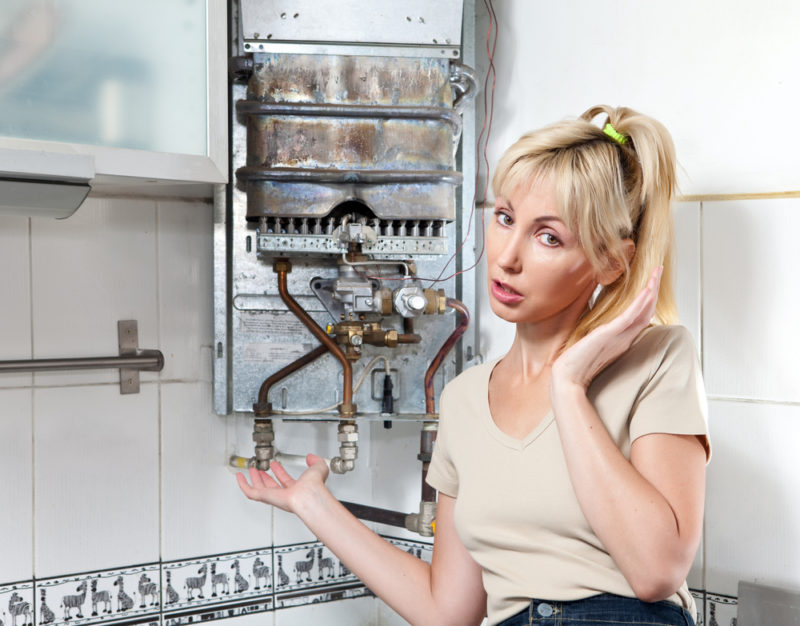Important Guidelines for Residential Property Owners Handling Broken Water Heaters
Important Guidelines for Residential Property Owners Handling Broken Water Heaters
Blog Article
How do you feel in relation to What Do You Do When Your Water Heater Bursts??

Whether it is situated in the cellar or a separate room, broken water heating systems can cause anxiety. Having no warm water supply is additionally troublesome.
Shut Off Power Source
Before calling the plumber, closed off a gas water heating system by turning the temperature dial. This will certainly stop electrocution, specifically if there is a leakage as water is a conductor. Normally, the heating element shuts off when the water hits a details temperature level.
Cut Off the Cold Water Supply
Cut off the containers tap water supply from the source. When your container is in excellent condition, the chilly water quits loading up when the tank is full. If you can not discover it or reach it, you have to transform off that main water supply line outside your home.
Call the Plumber
After doing the first 2 safety actions, you should call your plumber to come right away to fix a fractured water heating system. There are typically indicators that your aging water heating unit has sediment build-up in the interior.
Don't wait for significant flooding to call the plumber. Already, you will need to invest even more to restore your residential or commercial property. Rather, as soon as you find these indicators, have an expert come to examine your hot water heater thank. Usually, water heaters have a lifespan of concerning 8 to 12 years. With normal examination and upkeep, you can lengthen its life.
Clean Up Property
After calling the plumber, document damages by bearing in mind and images so you can claim your homeowner's insurance policy. From there, start the immediate clean-up. Take out any type of important possessions to stop further saturating. Remove any type of standing water to prevent mold as well as mold growth. If you have a submersible water pump, utilize that to drain pipes the water. Or else, the conventional container approach will additionally function. Try to mop out whatever, consisting of walls and also walls. If you have an electric fan and dehumidifier, maintain them going to maintain air distributing. This will certainly aid deter mold and mildew development.
Bear in mind, if you see any issues with your water heating unit, call the pros right away. You can not take this problem lightly due to the fact that a faulty thermostat can elevate water temperature to a hazardously high level, leading to unintentional burns.
Whether it is situated in the cellar or a separate area, damaged water heaters can create tension. Before calling the plumber, shut off a gas water heater by transforming the temperature dial. After doing the very first 2 security actions, you should call your plumber to come right away to deal with a burst water heating unit. If you have a completely submersible water pump, make use of that to drain the water. Keep in mind, if you notice any type of issues with your water heater, call the pros right away.
Is My Water Heater Broken?
The Water Heater is Old
No appliance will last forever. This includes a home’s water heater. During its lifespan, residents are going to face a situation where a new water heater installation will be necessary. The biggest problem with this is that most people are not sure when their water heater expires. Not knowing this can lead to serious risks if the unit begins to act up due to old age.
Most makes and models of water heaters will last between eight and 10 years. While 10 years is the age when water heater replacement is highly recommended, the need to replace the unit may occur before this time or after. If the unit doesn’t show any symptoms of a problem, it is a good idea to replace it at the 10-year mark (from the manufacture date).
Some of the symptoms that indicate a new unit is needed include rusting, leaks, noises, and a failure to heat up the water. Also, note that not all units have a 10-year life expectancy. The main exception to this rule is that a gas unit will last for six to eight years.
Rusty Heater Inlet Valve or Water
While steel is the strongest material on earth, it does have a weakness – rust. If corrosion occurs on a steel surface, it will begin to spread and eat through the steel in certain areas. On water tanks and pipes that are made of steel, rust is a warning sign of an impending leak.
The issue for many is trying to figure out if the rust is coming from the water heater or the pipes that lead to the faucet. If rust is seen, it is a clear indication that water heater service from the professionals is needed.
If rusty water appears out of the faucets in the bathtub or sink, it likely means a rusty water heater. If there is rust near the water inlet or the pressure relief valve, rust has likely developed inside the tank. If tap water appears rusty, it may be an issue with the pipes.
Strange Sounds from the Water Heater
Are there strange sounds coming from the tank? As a water heater gets older, rumbling noises may develop and get louder and louder as the water in the tank heats up. In homes where large amounts of hot water are used, the issue is likely going to be even more obvious when more serious issues arise. If there is a strange or loud noise coming from the unit, it is probably because of sediment buildup. A good way to remedy this problem is by flushing the heater. If this does not work, then a new unit may need to be installed.
Leaks
As a water heater gets closer to the end of its useful life, there is a higher chance there will be water around the tank. If there is water, this usually means leaks are occurring. Based on where the unit is located in the home, a leak may result in serious property damage.
Leaks are usually caused by expansions in the metal tank. The expansions occur as time passes and as the inside body of the tank is exposed to multiple heating cycles per day. When a fracture forms, the gap will be slight enough to hold the water in; however, in more serious situations, this will not be the case. If the tank is idle, the water will not leak but when the metal expands during each heating system, small amounts of water will get through the gap.

I ran across that blog entry about What Do You Do When Your Water Heater Bursts? when doing a search on the internet. So long as you enjoyed our blog post if you please do not forget to pass it around. I cherish reading our article about Maintaining & Draining a Water Heater.
Trusted by locals for emergencies. Report this page